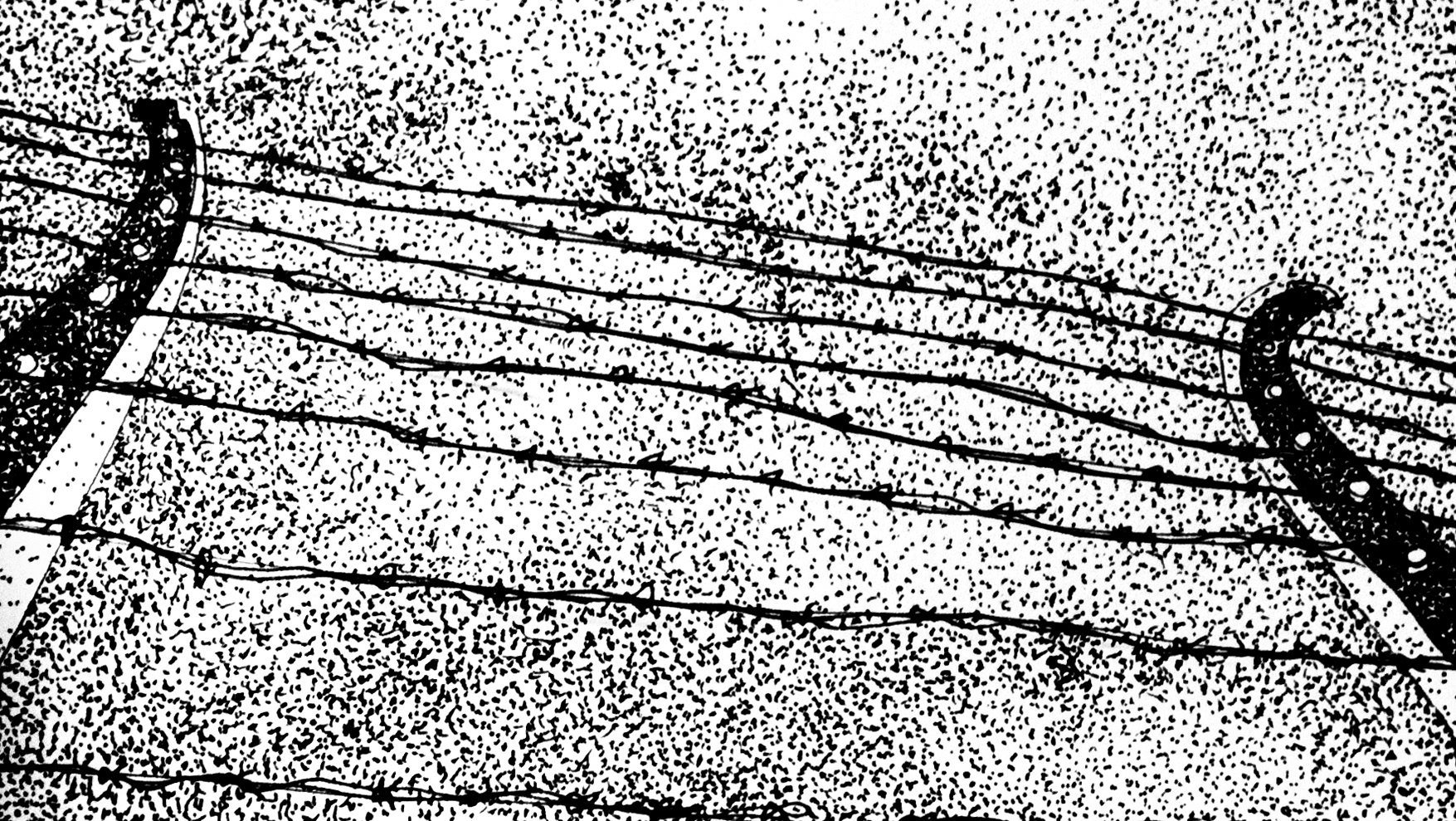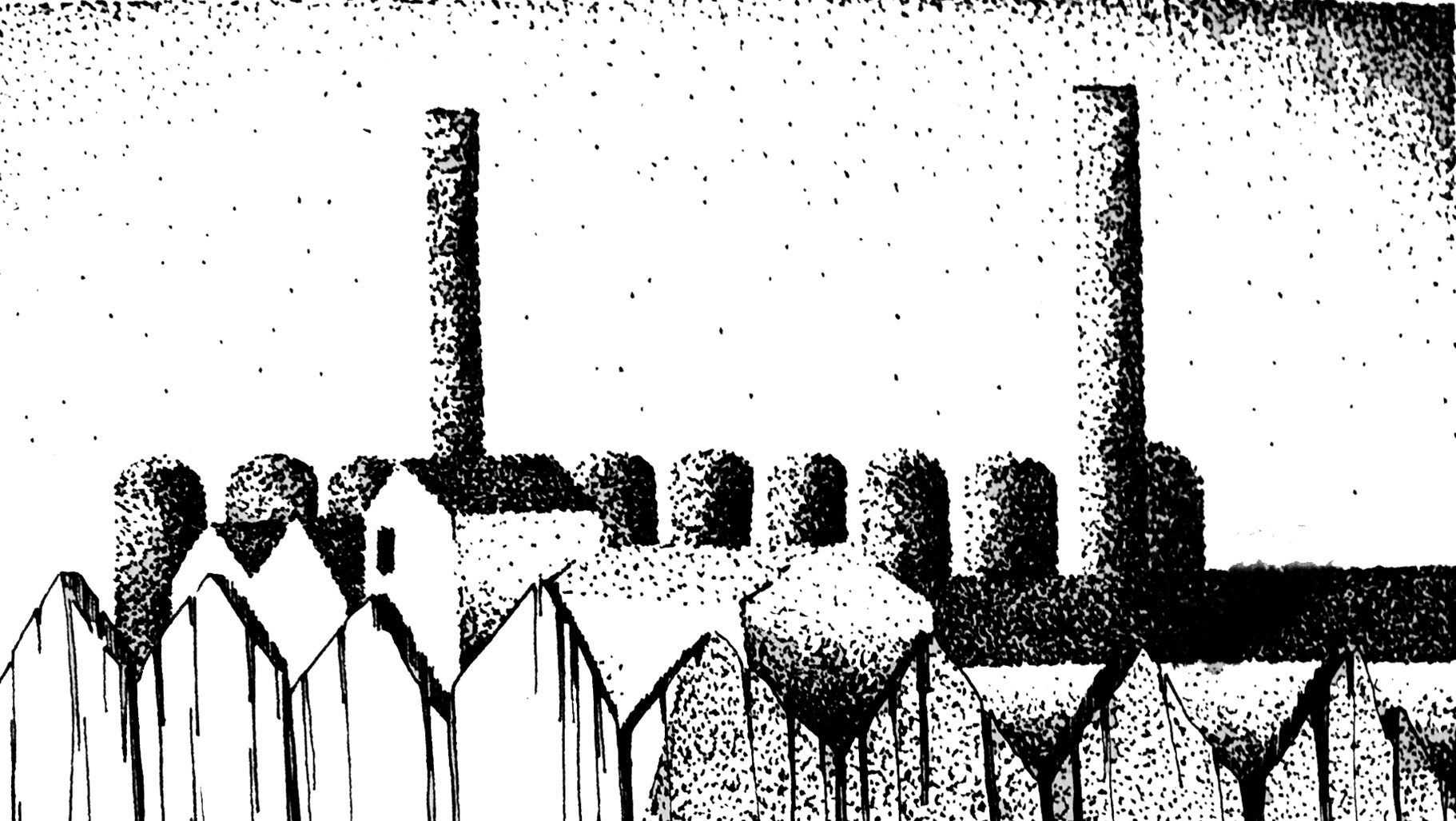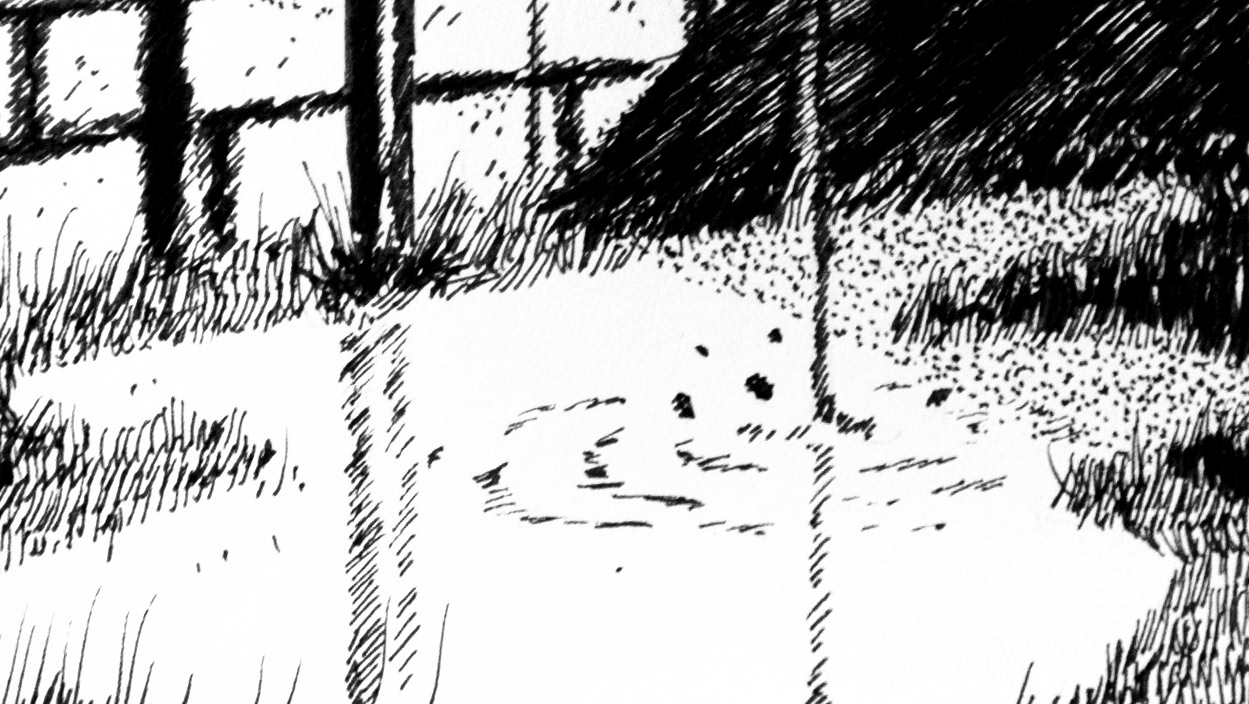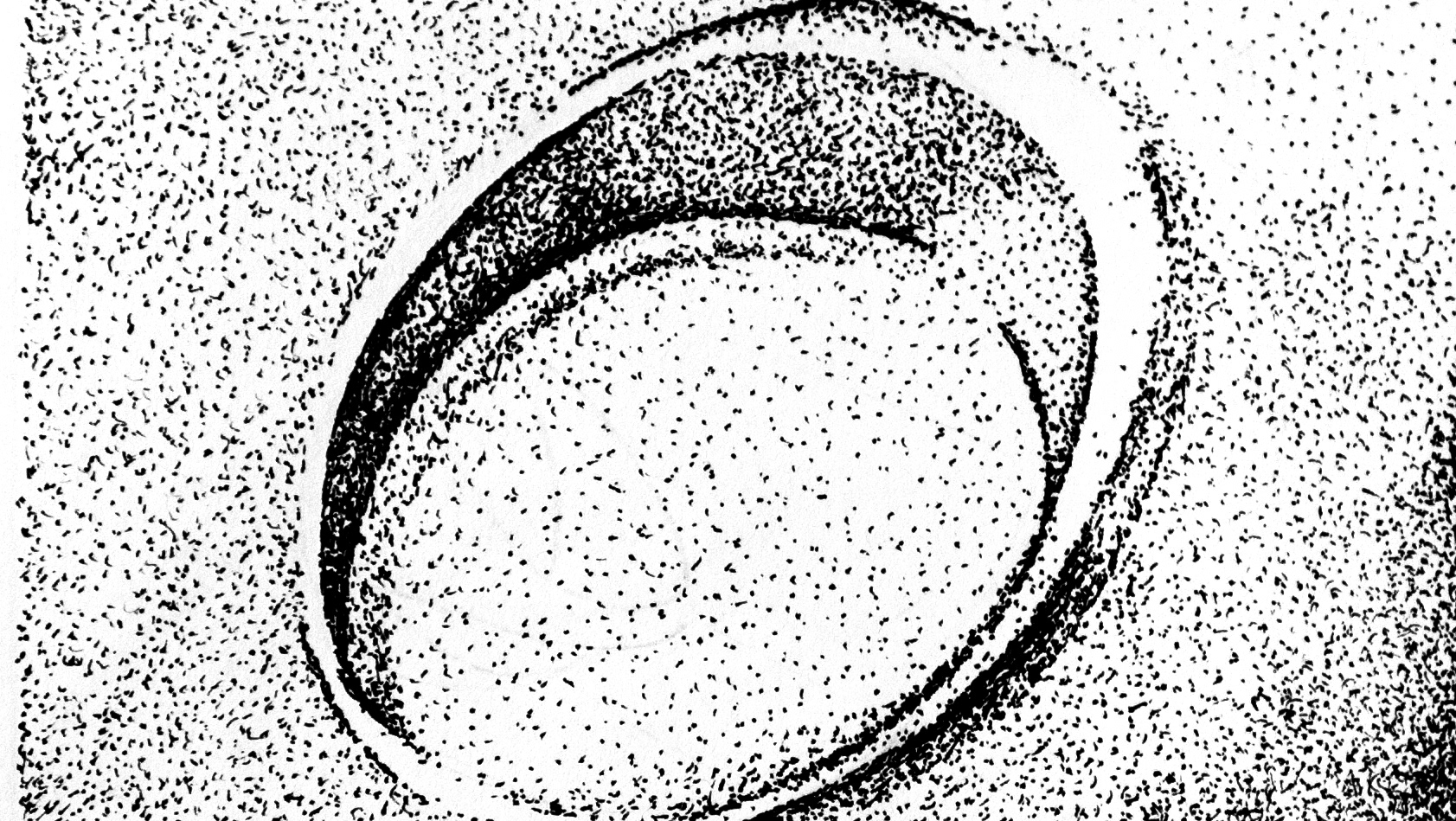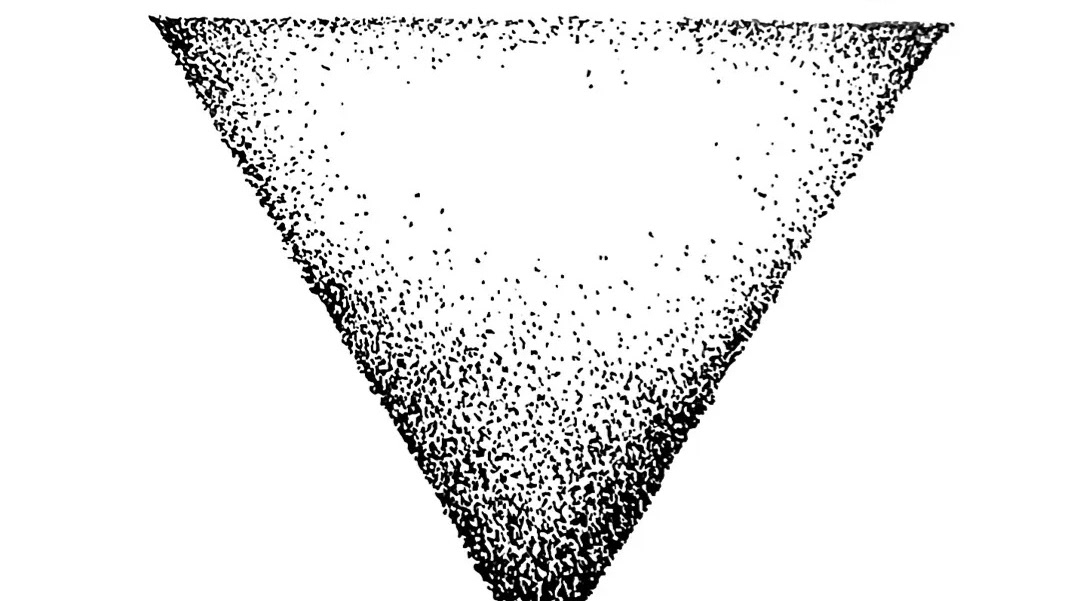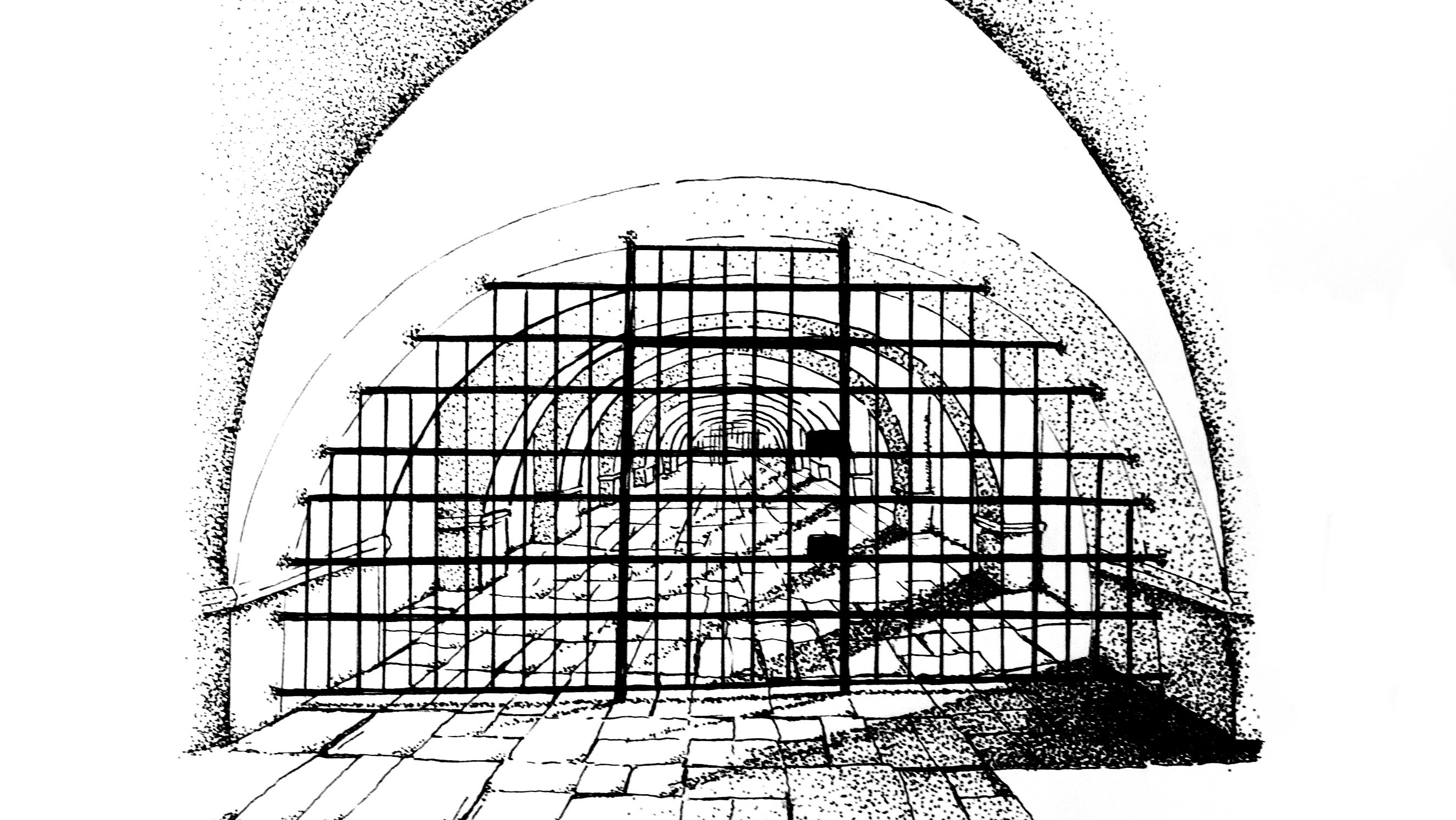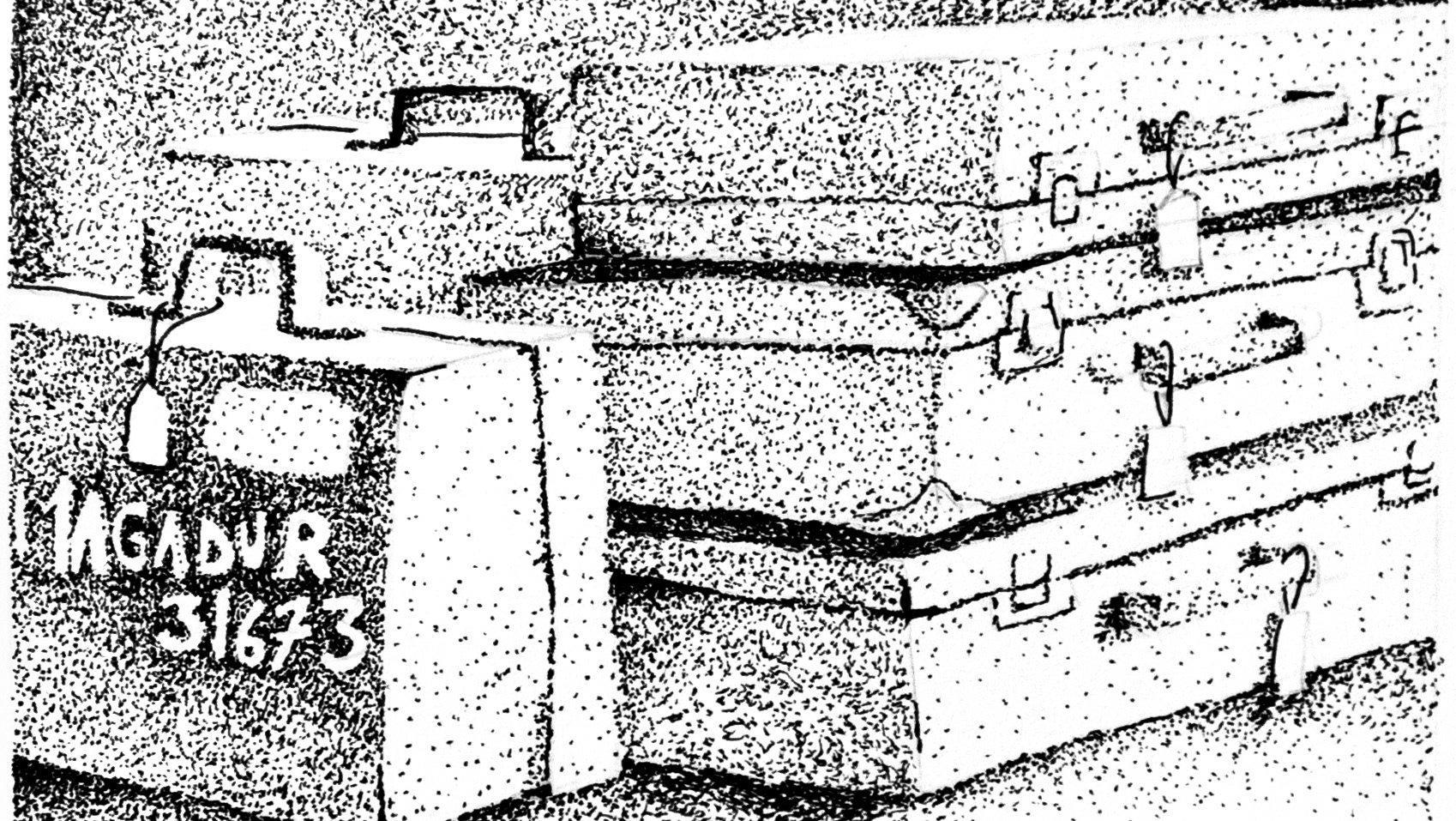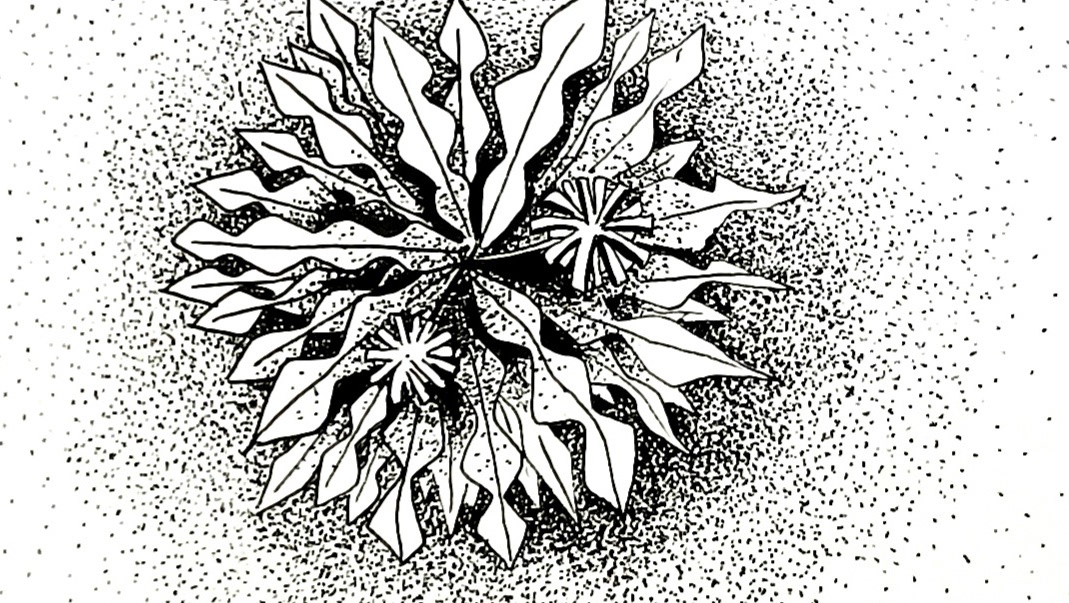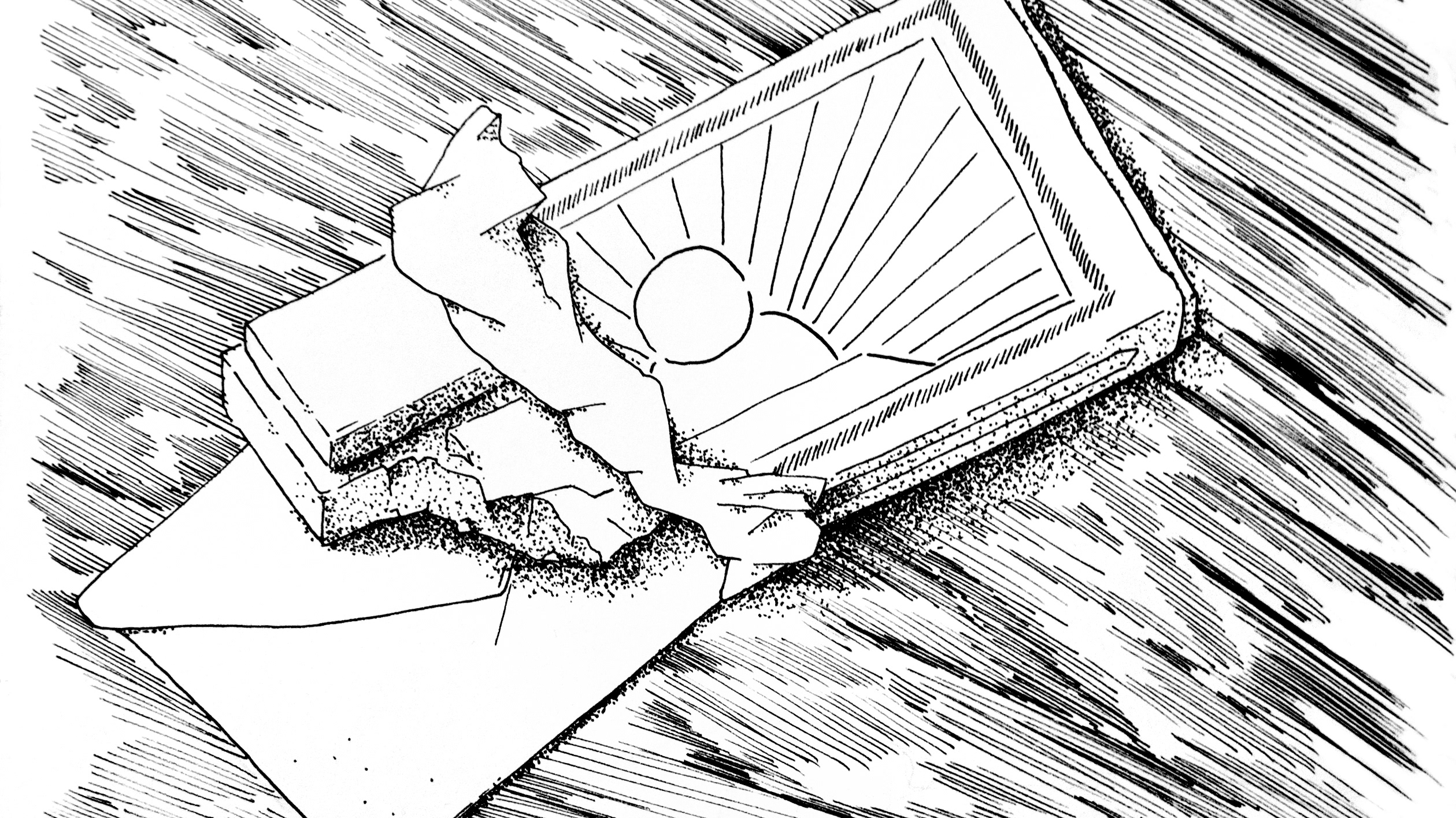Today is the 9th of May 1945, it is Marie Alizon's birthday. Poupette sings for her sister, she is free, Marie isn't, it is still a sad day.
Back in 1941, Marie Alizon and her younger sister Simone, nicknamed Poupette, are the 2 sisters from a hotelier family in Rennes. The sisters are 4 years apart.
Like most French people, they didn't see much of the war between the French and the Germans, they only heard the Germans were winning, and a few days later, the armistice was signed. France lost the war, France started collaborating with the occupant.
Neither Marie or Poupette were communists, but they didn't like what was happening and wanted to do something. The hotel turned out to be a good meeting spot for resistants, and its attic a great place for a radio emitter.
Marie and Poupette listened to the radio for months, taking notes, transmitting information. And Marie fell in love.
On the 24th of February, Simone celebrated her 17th birthday. A few weeks later, everyone in their network was arrested. They could have escaped, yet their mother was sick, they couldn't imagine leaving her.
They spent the next 8 months in a prison in Paris, in separate cells, doing nothing. In the meantime, their mother died, they weren't allowed to go to the funeral.
Auschwitz was hell, Marie understood it very quickly. She had to protect her sister at all costs. She tried to shield her from any hard work at the kommandos, she gave her some of her food, she even celebrated her 18th birthday with a new friend they made, Helene Brabander. It helped Simone, but Marie was getting weaker and weaker every day.
She died in June 1943, exhausted, unable to eat. Simone was alone, Helene Brabander died as well, but soon another group accepted Simone and she felt protected again. It was an older group, more educated, with bright women like Charlotte Delbo, Carmen, Lulu, Mado, Simone, Cecile. Together, they went to Raisko, they regained their strength, they told each other stories, encouraged each other.
They taught Poupette of books, plays, Poupette found a reason to live thanks to them, there was a whole world she now wanted to discover.
Poupette celebrated her 19th birthday with them in Ravensbruck. In august 1944, what she feared happened, she was partly separated from her group, still with Carmen, Lulu and Cecile but without Charlotte, and was evacuated to Beendorf. There, she would work 500 meters underground on the construction of V1 missiles. Poupette and the others did her best to sabotage whatever they could, yet still avoiding hits. There, she celebrated her 20th birthday, and a group of prisoners worked hard to cover her with unexpected gifts, a man made leather shoe, a metal necklace, and enough food for a night of celebration. Simone never knew who were those men who covered her with gifts, but it was a night to remember, thanks to them.
On the 10th of April 1945, another evacuation started. By train, 5000 prisoners were to be moved, yet the orders were unclear, and the war kept on making the train stop, go back and forth. Sometimes they arrived in empty camps and had to leave once more. The prisoners were hundreds inside each wagon, yet this time the prisoners were organised, they knew how to save their energy, how to sleep. Every hour, 5 prisoners could lie down and sleep, 20 could sit down, the other stood still, and so on. This way, everyone had a chance to rest, the survival rate was higher.
Many died during the travel, the 5 31000 survived and arrived in a camp in Sasel.
Poupette was tasked with burying the women. It was a grim task, a lonely task. Poupette couldn't bury neither her sister or her mother, none of the 31000 could have been buried, even Danielle Casanova, despite their efforts. Burying those people she didn't know made it harder.
On the 1st of May, the guards told all the women they were to be evacuated, once more. This time was different, this time they were to be liberated.
One last train, al together, singing, cheering. They passed the city of Hambourg, destroyed by months of bombings. A day later, the train stopped, the Red Cross was waiting for them, they were free.
Just like that. The red cross had negotiated their liberation. They learned France was freed, there was a new government, Vichy had been removed, denied. Even more, apparently, France had won the war. How could France have won the war, since it was collaborating, since it arrested so many people, executed, deported?
Back to the present, it has been a few days since their liberation. Poupette thinks about her sister, Marie, today is her birthday, she would have been 24. She turns to her companions, Carmen, Lulu, Gilberte Tamisee, Cecile, they are alive, they saved her, they saved each other.
Now what? How will they come back to France? What will they find there? Who is still alive? This should be great news, after all the war is over. But Poupette has doubts, she can't feel happy. She feels sad, so much has happened. Poupette has lost her youth.
Notes
Thank you for listening to this episode of 31000/45000, the story of 2 trains of french members of the resistance. My name is Matthieu Landour Engel.
This episode was about Simone Alizon and her birthdays during her time as a prisoner.
I made some assumptions, like the fact that she may have thought of or celebrated her birthday under those circumstances, she may not have, it was quite hard to know the date sometimes in camps.
Simone survived the war, but she paid a heavy price, she lost her mother while she was in prison, she lost her sister Marie in Birkenau. When she came back to her father, he had remarried, and believed she had died, it was a difficult return for her. She married in 1946 a man she had met before her arrestation, a man from the Johnny network, but it was a difficult marriage too. She had 2 children, divorced and moved to another country. She has written a book, “the exercice to live”, which I recommend to read. Simone Alizon was a fantastic woman.
It was very difficult for the 31000 and the 45000, or any deportee for that matter to return to France and get accustomed again to a regular day to day life. Some didn't manage, I will talk about this further in the next episodes.
Carmen and Lulu, whom I talked about in a previous episode, were freed at the same time as Simone. Just like her, they spent a few months in Sweden before coming back to France.
I have been trying to find Simone Alizon’s relatives, unfortunately, my research was unsuccessful. If by any chance, you know of someone related to her please let me know, I would be very pleased to get in touch and make sure the text I wrote doesn’t contain any errors.
My sources for this story mostly come from the book Red triangles in Auschwitz, by Claudine Cardon Hamet, le convoi du 24 janvier by Charlotte Delbo, the website deportes-politiques-auschwitz.fr, memoire vive, the foundation for the memory of deportation website.
Thank you very much for your attention, next episode will be about Gabriel Lejard and his daughter.
